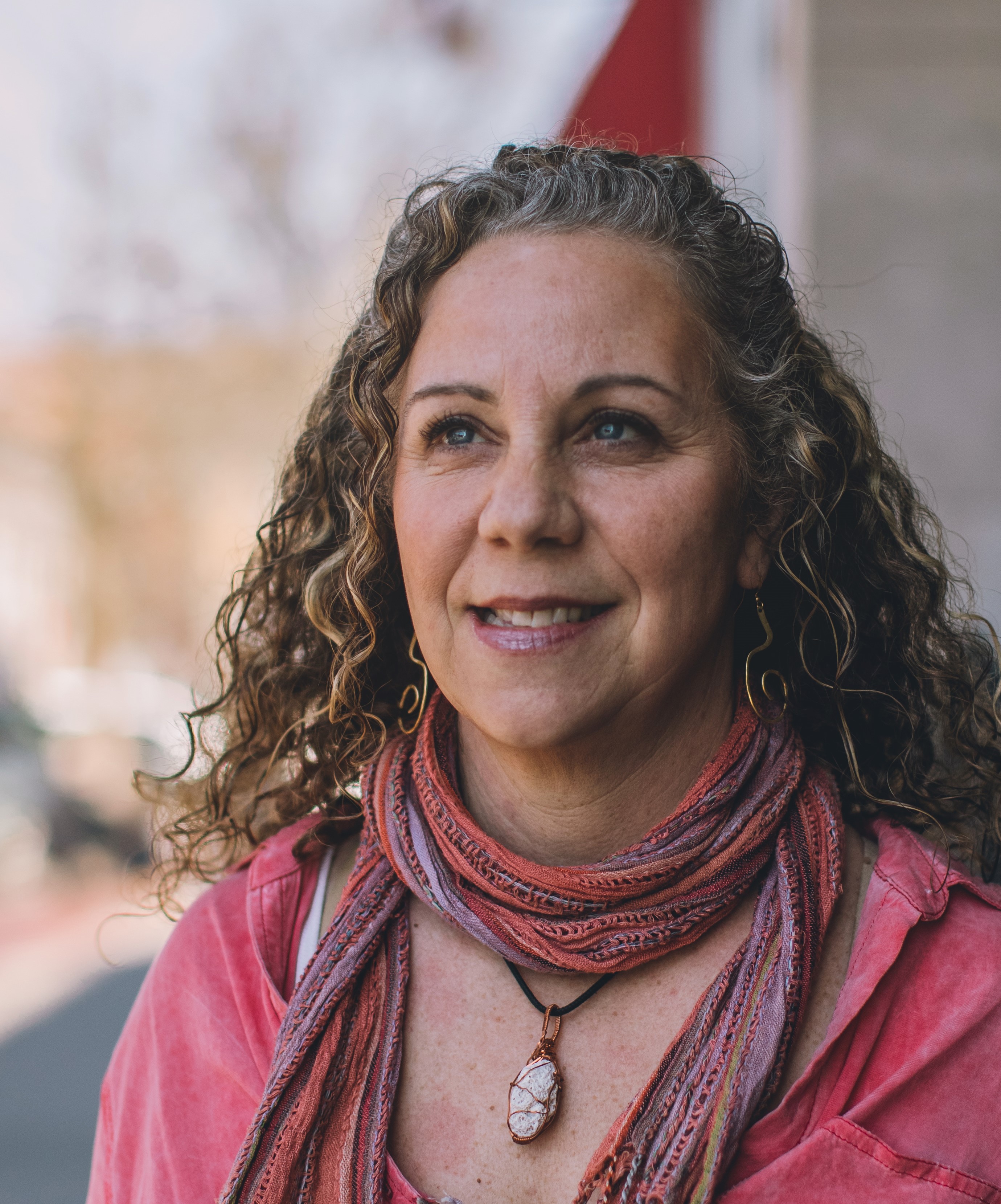ISSN: 1941-4137
POETRY THAT ENACTS THE ARTISTIC AND CREATIVE PURITY OF GLASS
POETRY THAT ENACTS THE ARTISTIC AND CREATIVE PURITY OF GLASS

Author photo by Paula Champagne
Kathryn Petruccelli holds an M.A. in teaching English language learners. Her professional life has included translating “Hotel California” for Hungarian high school students, anthologizing poetry written by rival gang members, and creating engaging leads for articles about produce festivals. Her work has appeared or is forthcoming in New Ohio Review, Rattle, River Teeth’s Beautiful Things column, december, SWWIM, Literary Mama, Linea, Ruminate’s blog, and others. She is a past winner of San Francisco’s Litquake essay contest and a finalist for the 2019 Omnidawn Broadside Poetry Prize. She is at work on a poetry series based on the history of the alphabet.
Picking Late Season Blueberries Near the Rifle Range
Open spaces lead to this:
a horse, grazing,
a meadow of bushes blushing
with fruit,
yellowjackets
after the juiciest bites,
weighing down the tips
of the branches,
their heads dipped
into the blackest blue beads.
It is slow going, there is a softness
that must be attended to,
berries nearly overripe,
flesh plumping or shrinking
inside its skin.
These are not the days
of handfuls lifted greedily
to the mouth, but
of a modest tart, and, if I persist,
a quantity to freeze.
For every three I pick, I flatten
one on my tongue, savoring
the sugars. Now and then,
my children flash past,
laughing through blue teeth;
beyond the trees, I recognize
the sound: boom…boom.
The breeze pushes on
toward September,
as I coax the small fruits
from their stems. Each berry,
falls mute to the bottom
of the bucket, the sun glinting
off the harvest — a cluster
of tiny celestial bodies.
Light travels at a constant speed
regardless of context:
the slant of the sun
illuminates with equal readiness
the shoulders of my children
running between the vines,
the dark metal of a gun barrel.
In the next field over,
someone’s taking aim.
This poem has several observations as background. There is the idea of how one particular setting, in this case an open space in nature, can mean radically different things to different people and can attract radically different agendas. There is a component to that which is about a loss of control, coupled with an anxiety around keeping safe what we hold dear, whether that is an idea or a child or something else. The third thread running through the piece for me has to do with the equanimity and dispassionate nature of nature. The sun, the blueberry plants, all remain uninterested in our fate. I think the poem is asking us to consider how we reconcile our very definitive hopes and feelings about the way things turn out with this blunt truth.
Glass: A Journal of Poetry is published monthly by Glass Poetry Press.
All contents © the author.
All contents © the author.





